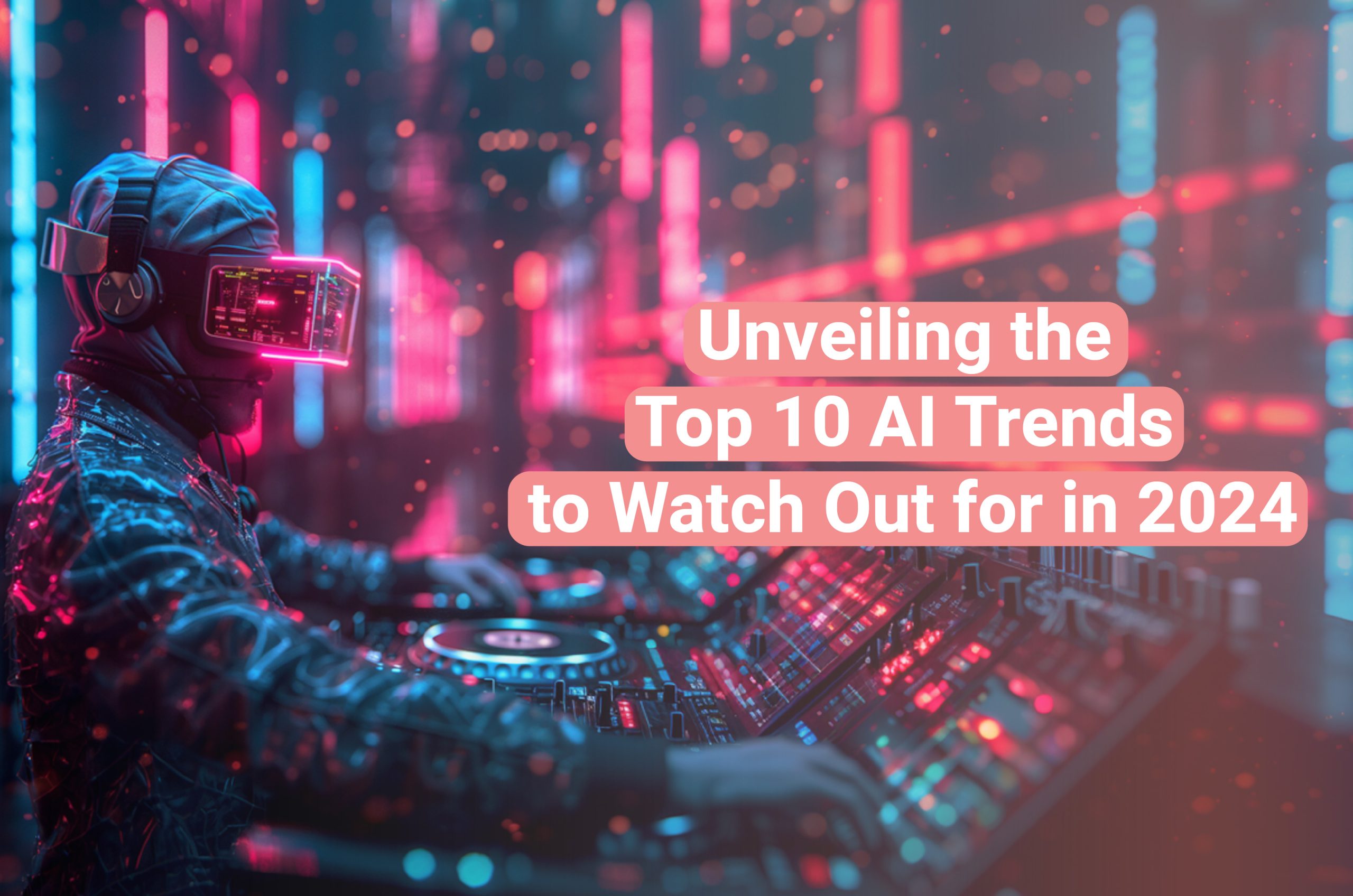IBM Blog 2022 was the year that generative artificial intelligence (AI) exploded into the public consciousness. In 2023, it began to take root in the business world.
These advances in smaller models have three important benefits: They help democratize AI: smaller models that can be run at lower cost on more attainable hardware empower more amateurs and institutions to study, train, and improve existing models.
2024 thus stands to be a pivotal year for the future of AI, as researchers and enterprises seek to establish how this evolutionary leap in technology can be most practically integrated into our everyday lives.
1. Multimodal AI and the Rise of Video
Imagine AI systems that can seamlessly understand and process information from text, images, and even videos. This is multimodal AI, and it’s rapidly changing how we interact with technology. One exciting application is generative AI for video creation. We’ll see AI-powered tools that can create realistic and engaging videos from scratch, revolutionizing fields like advertising, education, and entertainment.
2. Smaller, Faster, Stronger: Democratization of AI
The good news is, AI is becoming more accessible. Advancements in model compression techniques are leading to smaller AI models that require less processing power. This means businesses and individuals with limited resources can now leverage AI for tasks like data analysis and image recognition. This “democratization” of AI will fuel further innovation and wider adoption.
3. Agentic AI: Proactive and Personalized AI
Get ready for AI that takes initiative! Agentic AI refers to systems that can act independently and learn over time. These AI agents can be customized for specific tasks, automating workflows and offering proactive recommendations. For example, imagine a customer service AI that can not only answer questions but also anticipate customer needs and suggest solutions.
4. Open Source AI: Collaboration for Progress
Open-source AI is fostering a more collaborative environment where researchers and developers can share code and ideas. This will accelerate innovation and lead to more robust and reliable AI models. However, challenges like maintaining large AI models and ensuring data privacy need to be addressed for open-source AI to reach its full potential.
5. The Two Sides of the Coin: Privacy and Security in AI
As AI becomes more integrated into our lives, privacy and security concerns become paramount. Organizations must ensure the data used to train AI models is secure and anonymized. Additionally, robust security measures are needed to prevent unauthorized access to AI systems or manipulation of their outputs.
6. Explainable AI: Demystifying the Black Box
With increasingly complex AI models, it’s crucial to understand how they arrive at decisions. Explainable AI (XAI) techniques aim to make AI decision-making processes transparent and interpretable by humans. This is especially important in high-stakes situations like healthcare or finance, where AI needs to be trustworthy and accountable.
7. Quantum AI: The Future is Unforetold
Quantum computing holds immense potential for AI. Quantum computers can perform certain calculations exponentially faster than traditional computers, opening doors for more advanced AI algorithms. However, quantum AI is still in its nascent stages. Significant research and development are needed before it becomes a mainstream technology.
8. AI Ethics and Governance: Navigating the Gray Areas
The ethical implications of AI require careful consideration. Biases in training data can lead to biased AI models. We need robust frameworks to ensure AI is developed and used responsibly, considering issues like fairness, transparency, and accountability. Governments and regulatory bodies have a role to play in establishing these frameworks.
9. AI in Healthcare: Personalized Medicine and Early Detection
AI is poised to transform healthcare by assisting with diagnosis, treatment planning, and drug discovery. AI-powered systems can analyze medical images to detect diseases like cancer at earlier stages, potentially saving lives. Additionally, AI can personalize treatment plans based on individual patients’ medical histories and genetic makeup.
10. AI in Education: Tailored Learning and Educational Equity
AI can revolutionize education by personalizing learning experiences for each student. AI tutors can identify knowledge gaps and recommend targeted learning materials. This can be a game-changer for personalized learning and cater to different learning styles. However, ensuring equitable access to AI-powered education remains a challenge.
These are just some of the top AI trends shaping the landscape in 2024. As AI continues to evolve, it’s important to stay informed about the opportunities and challenges it presents. By embracing AI responsibly and ethically, we can unlock its potential to create a better future for all.
